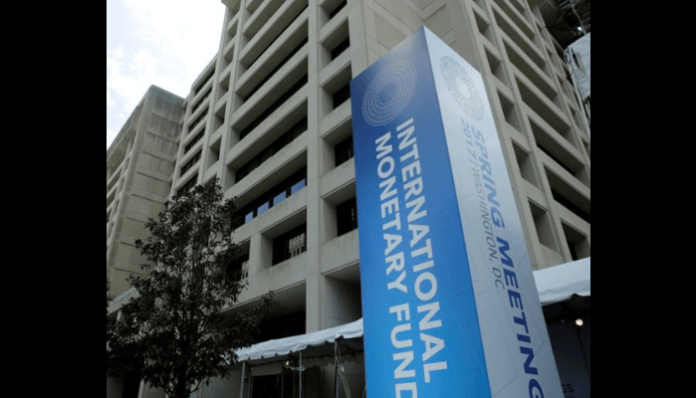The average income per person in Nigeria has yet again reduced to $835.49 in 2025, further shrinking the living standards of the people, according to new data from the International Monetary Fund (IMF).
This drop represents a modest 4.73 percent fall from $877 it stood in 2024, highlighting the continued erosion of household incomes amid the raging cost-of-living crisis.
Using the average exchange rate of N1,500 to a US dollar, an average Nigerian earns N1.25 million in a year, a situation that has just improved due to the recent rally of the naira.
A reduction in Nigeria’s per capita income means that, on average, Nigerians are earning less or that economic growth has not kept pace with population growth.
Per capita income is a key economic indicator that reflects the average income per person in a country and is often used to gauge living standards.
BusinessDay had earlier reported that the gross domestic product (GDP) per capita income earned by an average Nigerian has plummeted by a staggering 72.8 percent, the lowest it’s been since 2004.
This is as a result of various policy missteps made in the last decade that have weakened the economy and worsened living conditions, according to SB Morgen, a Lagos-based data and intelligence gathering firm.
The per capita income stood at approximately $3,223 in 2014, but recent estimates by the International Monetary Fund indicates it has plunged to $835 this year.
This dramatic decline, one of the sharpest in the region, shows a weakened resilience in the face of internal and external economic pressures.
“Nigeria’s GDP per capita has fallen to its lowest level since 2004 when placed against its smaller neighbours,” a chart by SBM revealed.
But while Africa’s most populous nation saw its average income earned per person nosedived in the last 10 years, West African peers like Ghana, Cote d’Ivoire and even Benin Republic GDP per capita was modest.
A tanking per capita income has serious implications for the country as it reduces purchasing power thereby widening poverty levels and worsening inequalities.
A low GDP per capita may equally lead to weak consumer demand, a situation that could dampen business growth and expansion and shrink economic growth.
If income levels decline, skilled professionals may be more inclined to seek better opportunities abroad, exacerbating Nigeria’s existing brain

